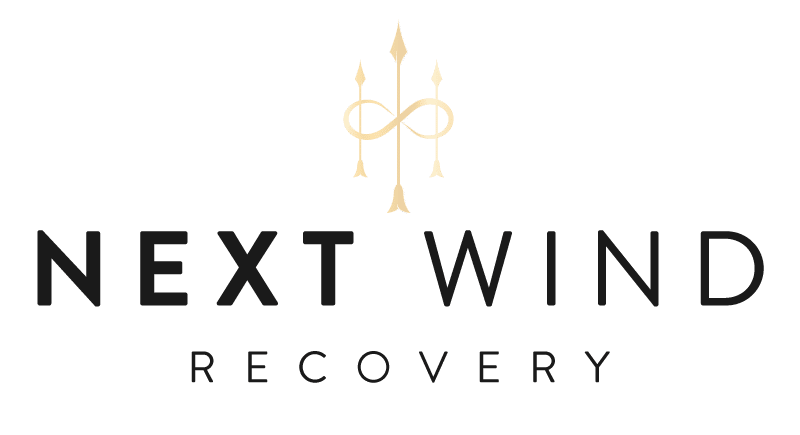When individuals fall and hurt themselves and require pain management, there are a number of prescription medications that medical professionals may prescribe. One of these opioid options is called Vicodin. This pain management medication has many uses to support individuals in severe pain but has many unwanted side effects as well.
At Next Wind Recovery, our New Jersey addiction treatment program provides supportive care for individuals with addiction to prescription medication and those who are addicted to illegal drugs. Individuals in our program will receive compassionate care designed to comfort and encourage personal growth through recovery.
Next Wind Recovery is a top-rated drug rehab in New Jersey. Learn more about our treatment for Vicodin addiction today at Next Wind Recovery.
What is Vicodin?
Vicodin is the brand name for a medication called hydrocodone. Hydrocodone is a painkiller medication that works to help people experiencing severe pain from a number of causes. This prescription medication is monitored closely by medical professionals due to the increased risk of addiction and overdose that this medication has.
Vicodin, like many painkillers, has a number of uncomfortable and unwelcome side effects. It can impact a person’s digestive system making it difficult to eat, increasing feelings of nausea and even vomiting, and frequently causing constipation. Medications like Vicodin can also cause delayed breathing, hallucinations, and changes in menstruation.
How is Vicodin Used?
Vicodin is a unique medication that has many uses and fits into several important categories. Hydrocodone is a narcotic analgesic. This means that it works as a painkiller to relieve severe pain. However, hydrocodone is also an antitussive; this means that it works to stop individuals from coughing. This means that it is sometimes added to medications like cough syrup.
Is Vicodin Addictive?
Vicodin is an addictive prescription medication for which people can develop a tolerance for it, a dependence on it, and addiction.
When an individual begins to develop a tolerance for Vicodin, the medication stops being as effective as it was initially. As a result, Vicodin’s effects lessen, and an individual may be tempted to change how much or how often they are taking the medication. However, many individuals don’t know that this first misuse step is the leading step toward addiction.
When an individual begins to take the medication when they feel they need it, their body begins to develop a dependence on the medication. Taking it when they “feel like they need it” sends the brain a message that the medication will take the pain away when they hit that level. The body will then start to crave and need the medication when pain is experienced, creating a dependency on the drug based on the perceived need developing into a real need.
Addiction is the final step in this process and occurs when an individual is unable to stop using, even when they recognize the damage or problems it may be causing. Addiction is when the body sends signals that it needs the medication and overrides rational thought against use. This can be dangerous and can lead to many adverse and severe side effects.
What are the Symptoms of Vicodin Withdrawal?
When an individual chooses to go through Vicodin withdrawal, they can expect to feel under the weather for 7-10 days, feeling the worst in the first 72-96 hours. Individuals will also experience a number of physical and psychological symptoms during the withdrawal period that can act as a deterrent from sticking to the idea of getting clean.
Individuals who withdraw from Vicodin often experience physical symptoms of diarrhea, chills, stomach cramps, and vomiting. In addition, this stage of withdrawal is often associated with a nasty flu-like experience. But it can be even worse when the psychological symptoms are added on.
When going through Vicodin withdrawal, individuals can often feel anxious, depressed, tired, and have mood swings that make emotional regulation during this period difficult.
How to Find a Vicodin Detox Program in New Jersey
At Next Wind Recovery, our goal is to support our clients through compassionate and comprehensive addiction treatment. Our New Jersey outpatient addiction treatment program offers multiple levels of intensity to help those in need. With additional aftercare services, we encourage clients to build a support system through our treatment center that extends beyond active care.
Learn more about the Next Wind Recovery treatment programs available to support individuals with an addiction to Vicodin.








